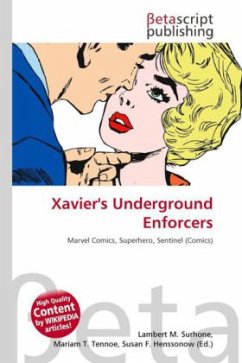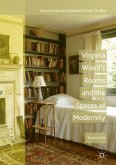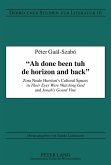'Hwang's book marks the newest addition to a growing body of work on subterranean London, applying Derridean 'hauntology' to the Victorian underground. Useful insights are scattered throughout, especially regarding marginalized populations, and the chapter on underground revolutions is a tour de force.' David L. Pike, American University Provides an innovative approach to articulate what 'underground' meant to the Victorians The construction of London's underground sewers, underground railway and suburban cemeteries created seismic shifts in the geography and the psychological apprehension of the city. Yet, why are there so few literary and aesthetic interventions in Victorian representations of subterranean spaces? What is London's answer to the Parisian sewers of Victor Hugo or the unflinching realism of Émile Zola's underworld? Where is the great English underground novel? This study explores this omission not as an absence of imaginative output, but as a presence and plenitude of anxiety and fears that haunt the pages of Charles Dickens, George Gissing, Bram Stoker and Mary Elizabeth Braddon. The way in which these writers negotiated the dirt and messiness of underground spaces reveals both the emergence of Gothic, socialist, and modernist sensibilities, and the way all modern cities deal with what is unseen, intangible and inarticulable. The inclusion of illustrations of Victorian maps, cartoons, photographs and art bring the period to life. Haewon Hwang is an Honorary Assistant Professor at The University of Hong Kong. She is currently exploring the lives of Russian revolutionary émigrés in fin-de-siècle London and the representation of dirt and contagion in global literatures.
Hinweis: Dieser Artikel kann nur an eine deutsche Lieferadresse ausgeliefert werden.
Hinweis: Dieser Artikel kann nur an eine deutsche Lieferadresse ausgeliefert werden.

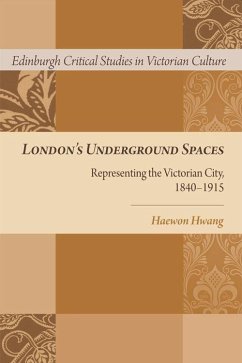
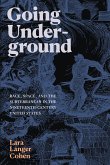
![The Dramatic Works Of Thomas Heywood: The English Traveller. A Maidenhead Well Lost. The Lancashire Witches [by Heywood And R. Broome]. London's Ius H The Dramatic Works Of Thomas Heywood: The English Traveller. A Maidenhead Well Lost. The Lancashire Witches [by Heywood And R. Broome]. London's Ius H](https://bilder.buecher.de/produkte/67/67136/67136923m.jpg)

